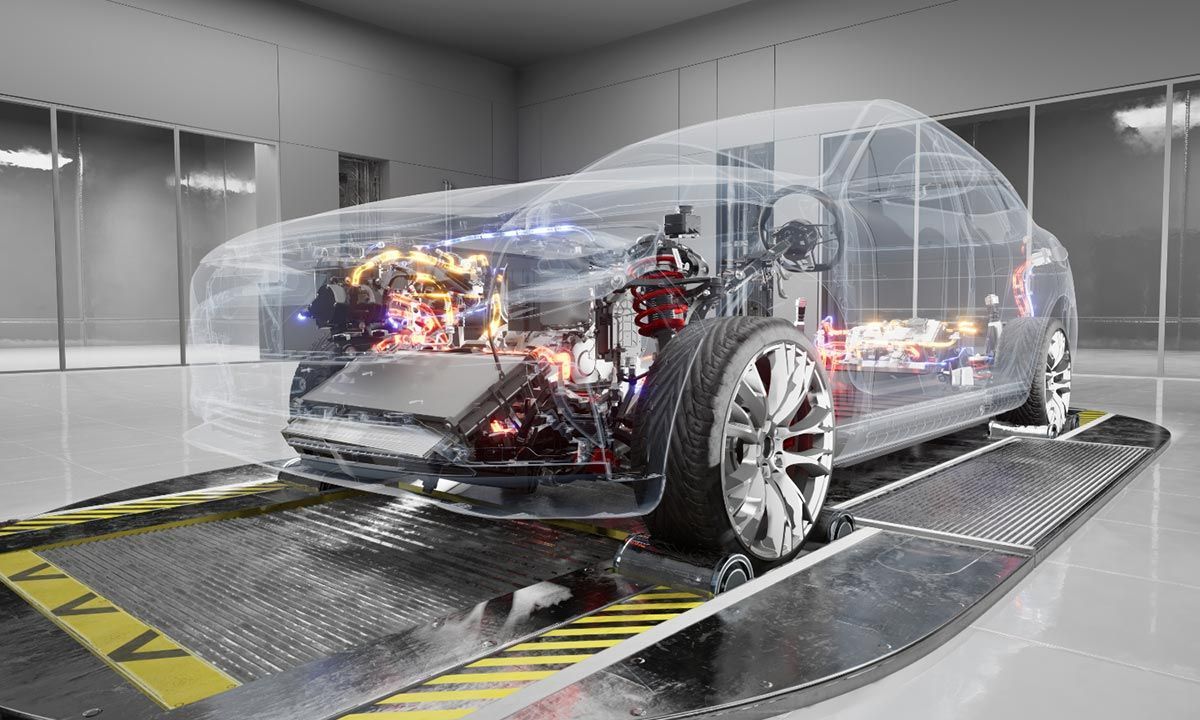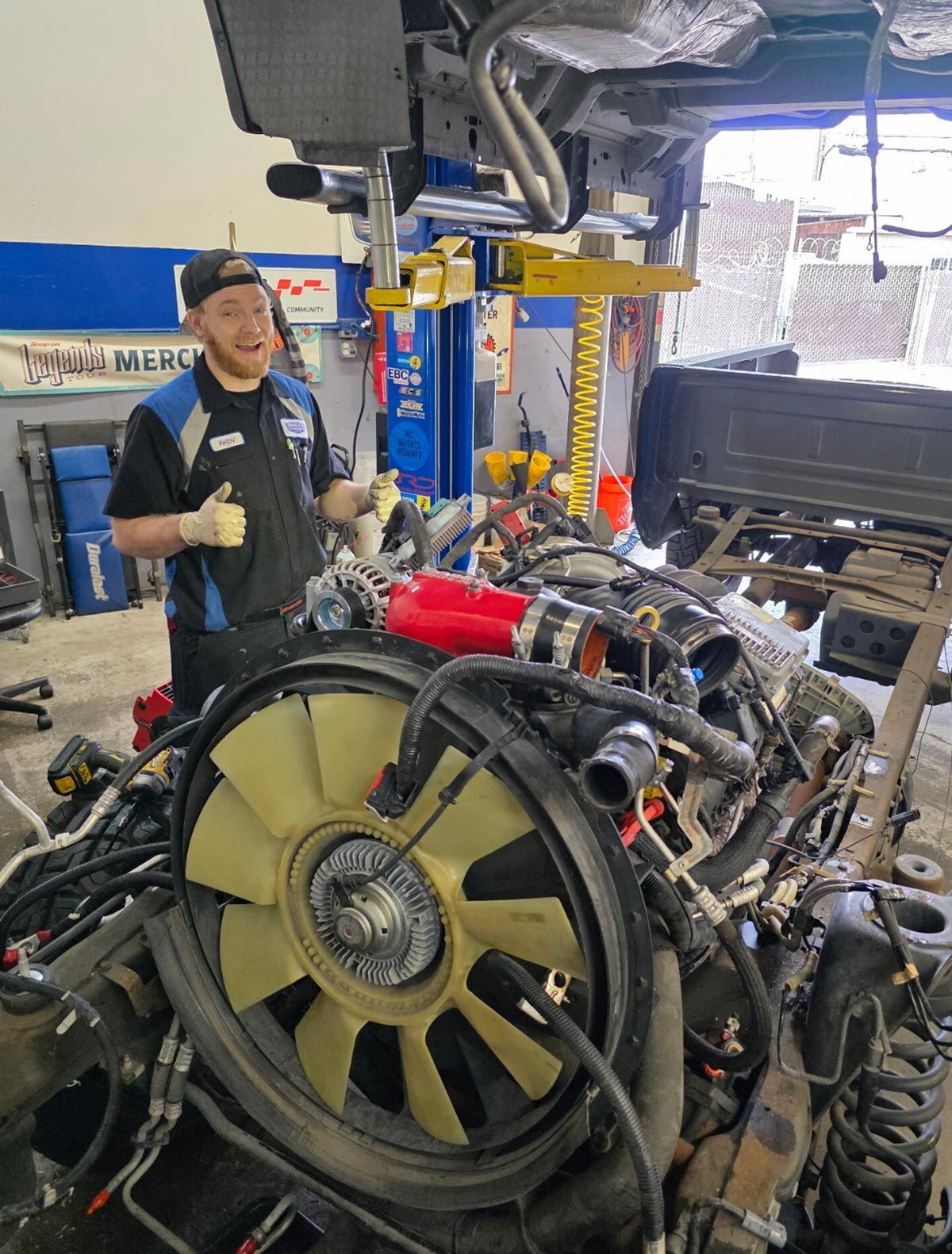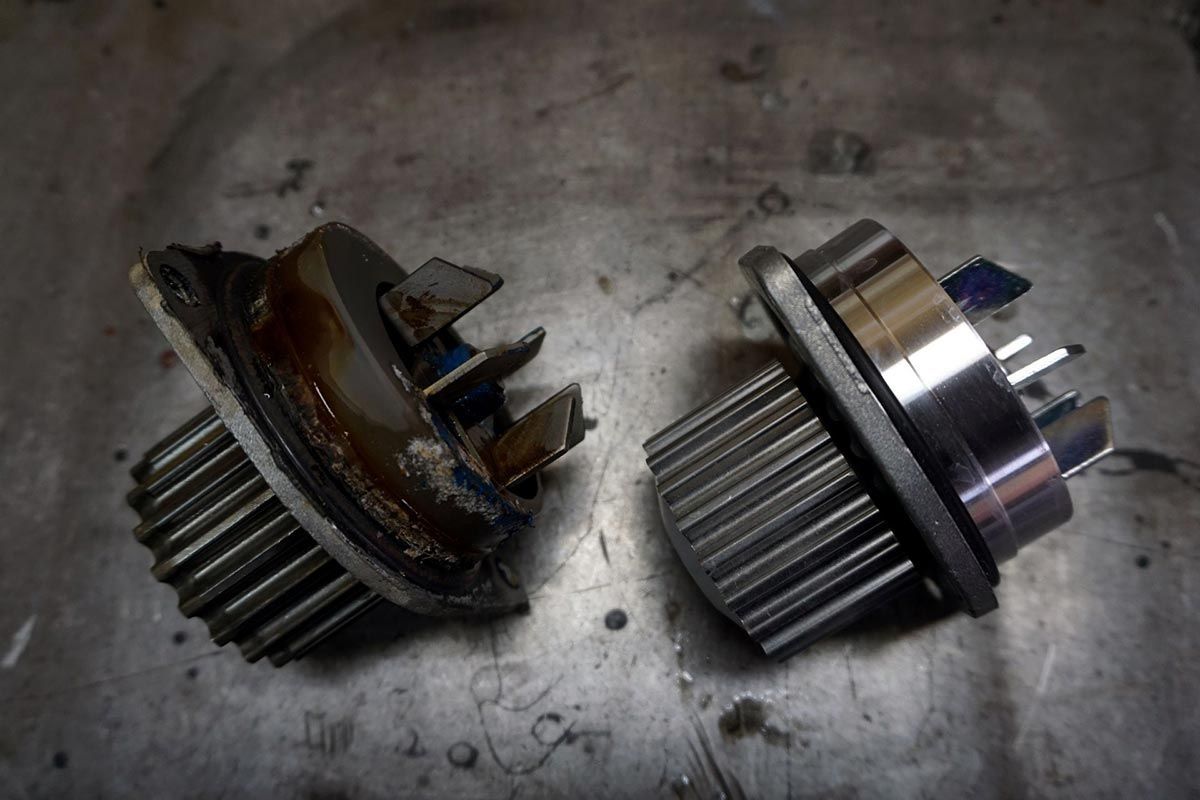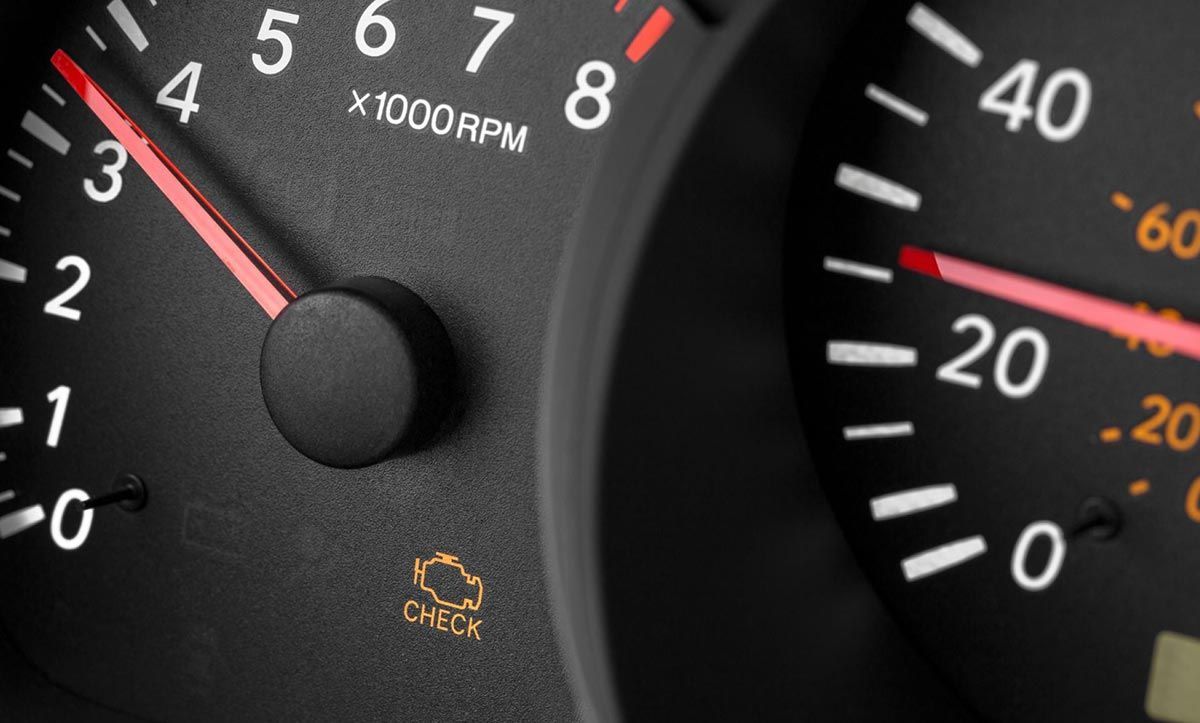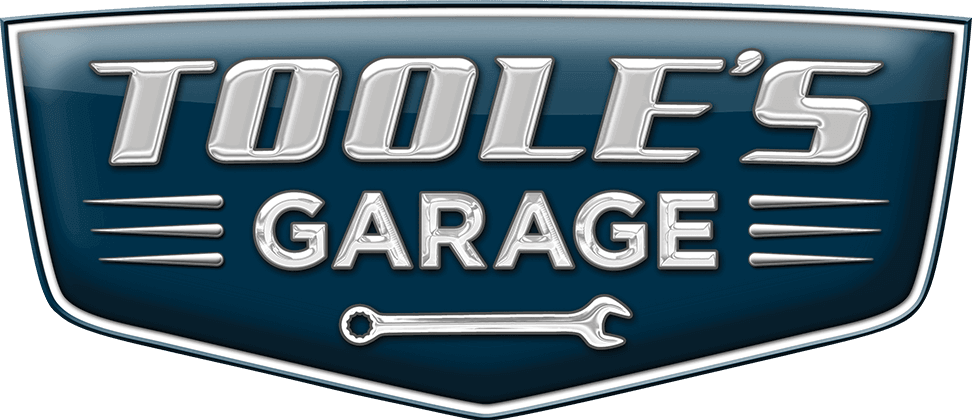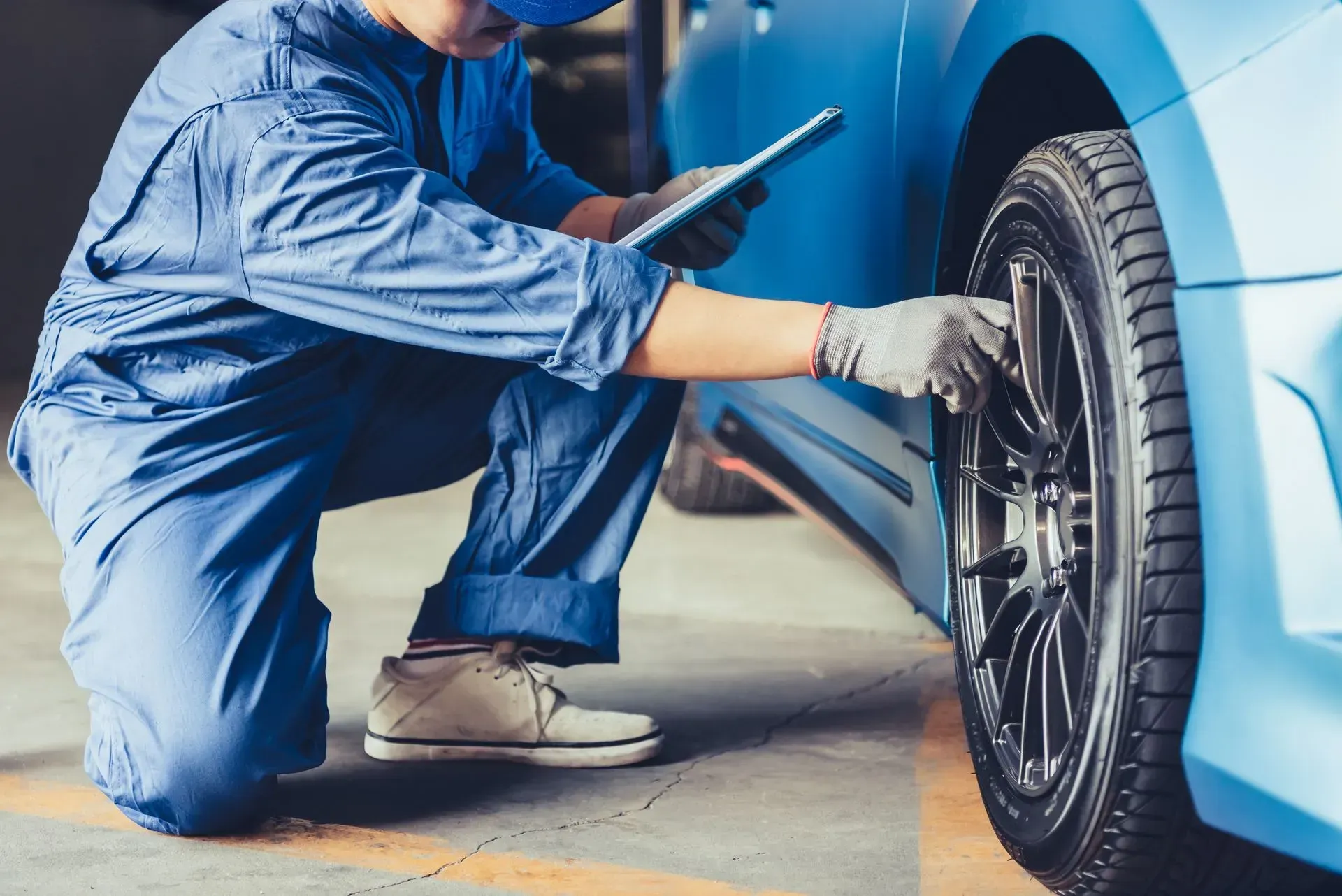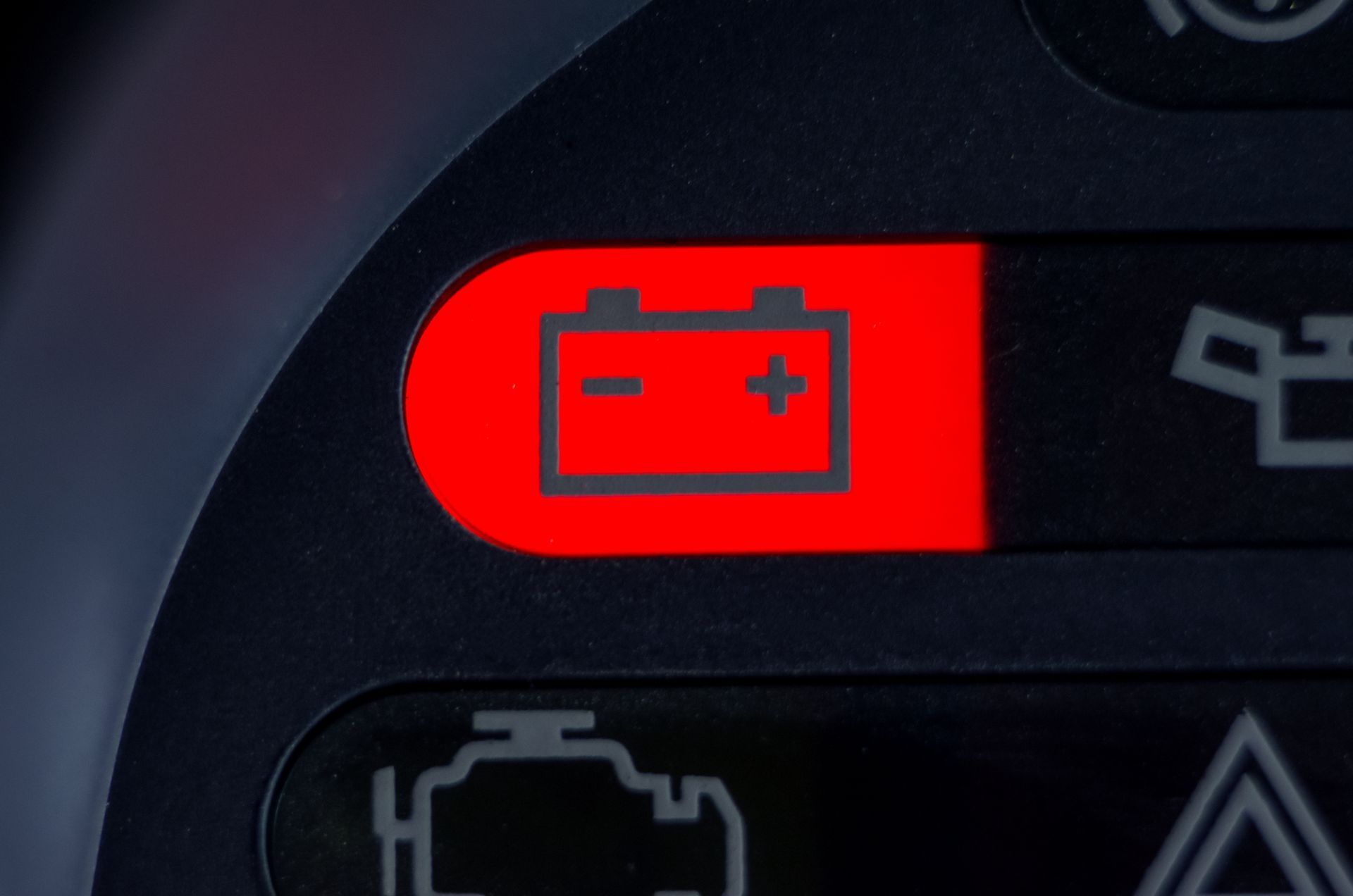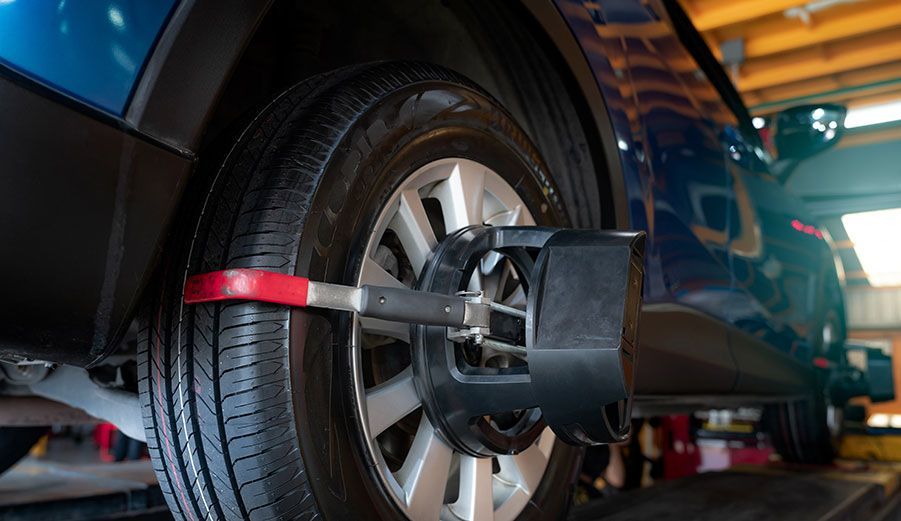The Importance of Proper Torque on Lug Nuts
• April 28, 2025
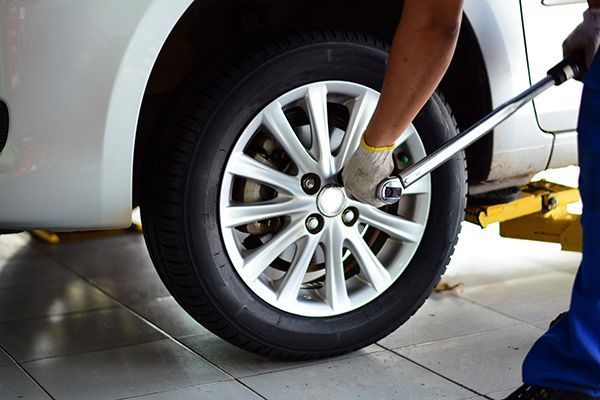
When it comes to wheel safety, lug nuts don’t always get the attention they deserve. These critical fasteners are what keep your wheels securely attached to your car, and they need to be tightened to a very specific level of force—known as torque. Get it wrong, and you're risking more than just a loose wheel.
Whether you're rotating your own tires, having them swapped at a shop, or just getting new wheels installed, understanding why proper torque matters can help prevent costly and even dangerous mistakes.
What Is Torque and Why Does It Matter
Torque is the force used to tighten something—in this case, the lug nuts on your wheels. Every vehicle has a manufacturer-specified torque setting, usually measured in foot pounds, that ensures the nuts are tight enough to hold the wheel but not so tight that they damage the threads or warp the brake components.
Under-torqued lug nuts can loosen over time, which might cause the wheel to wobble, shake, or even fall off while driving. Over-torqued lug nuts can strip threads, snap studs, or damage the wheel hub, leading to expensive repairs and safety hazards.
It’s a delicate balance—and one that should never be left to guesswork.
The Dangers of Overtightening
Many people assume tighter is better. They grab a wrench or an impact gun and crank down until the nut won’t move. The problem? That extra force doesn’t make your car safer—in fact, it does the opposite.
Overtightening lug nuts can:
- Stretch or break wheel studs
- Crack or deform alloy wheels
- Warp brake rotors (especially on modern cars with thinner components)
- Make it nearly impossible to remove the wheel in an emergency
The worst part? These problems often go unnoticed until you’re stuck with a stripped bolt or warped rotor—either of which can lead to vibration, uneven braking, or a dangerous situation on the road.
What Happens If They’re Too Loose
Lug nuts that aren't tightened enough can slowly back off, especially if you're driving over rough roads, turning frequently, or carrying heavy loads. As the lug nuts loosen, the wheel begins to shift and vibrate against the hub.
That movement creates stress fractures in the studs, uneven wear on the wheel, and eventually—you guessed it—a detached wheel. It may sound extreme, but it happens more often than people think.
If you ever hear a rhythmic knocking sound or feel the steering wheel wobble shortly after a tire service, don’t ignore it. It might be your lug nuts coming loose.
Always Use a Torque Wrench
The only reliable way to tighten lug nuts properly is with a torque wrench, which is calibrated to apply a specific amount of force. Every vehicle has a recommended torque value for its wheels, and the wrench ensures you meet it without overdoing it.
Shops that care about your safety will always use a torque wrench (not just a power tool) to finish the job. After using an impact gun to install the nuts quickly, a technician should go back with a torque wrench to ensure even, accurate pressure across all lug nuts.
Check Lug Nut Torque
Even if your wheels were installed correctly, it’s a good idea to have the torque checked:
- After getting new tires or wheels installed
- Following a brake job or suspension repair
- After towing heavy loads
- If you recently hit a large pothole or curb
- Any time you remove a wheel yourself
Many shops recommend checking the torque again after driving 50 to 100 miles following a tire installation. That’s because heat, vibration, and settling can slightly shift the lug nuts—tightening or loosening them without any visible signs.
Don't Trust Just Any Shop
Unfortunately, not every tire or brake shop takes the time to torque lug nuts properly. Some rely entirely on air tools set to high torque, assuming it’s “tight enough.” But proper torque isn’t about strength—it’s about precision.
At Toole’s Garage Stockton , this kind of attention to detail is standard, not extra. Every wheel is torqued to factory spec every time because a loose or overtightened lug nut isn’t something we’re willing to gamble on.
Latest Posts
